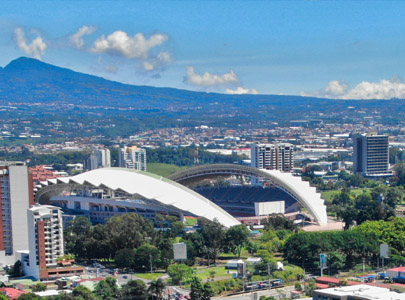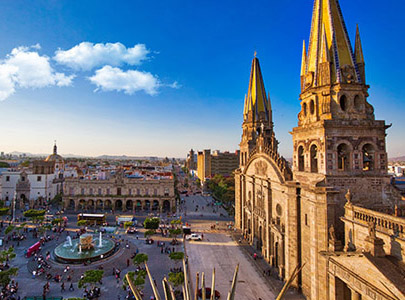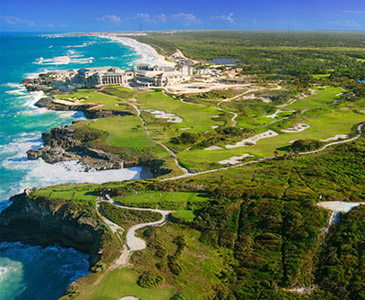
Public policies towards a Big Environmental Push (BEP) were identified and promoted in relation to sustainable mobility and sustainable energy production. A collection of case studies was produced on the feasibility of the BEP approach and the possibilities for peer learning. The cooperation project activities in Brazil contributed to the establishment of a Subcommittee on the Environment, Brazil Sigo XXI, in the Federal Senate to propose public policies and reforms for structural, economic and social development that promote sustainability. This project involved financial institutions that manage an innovation investment fund.





